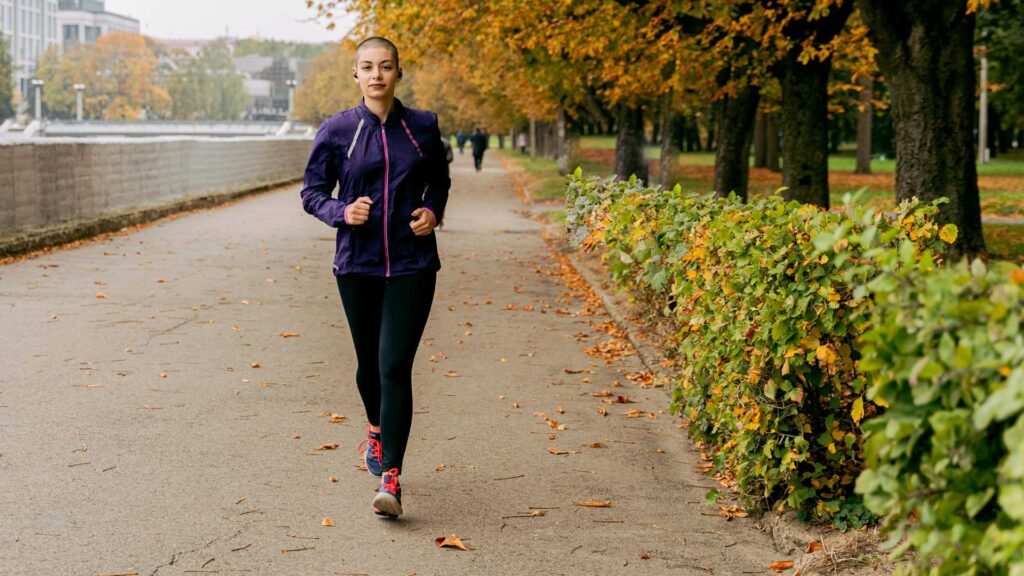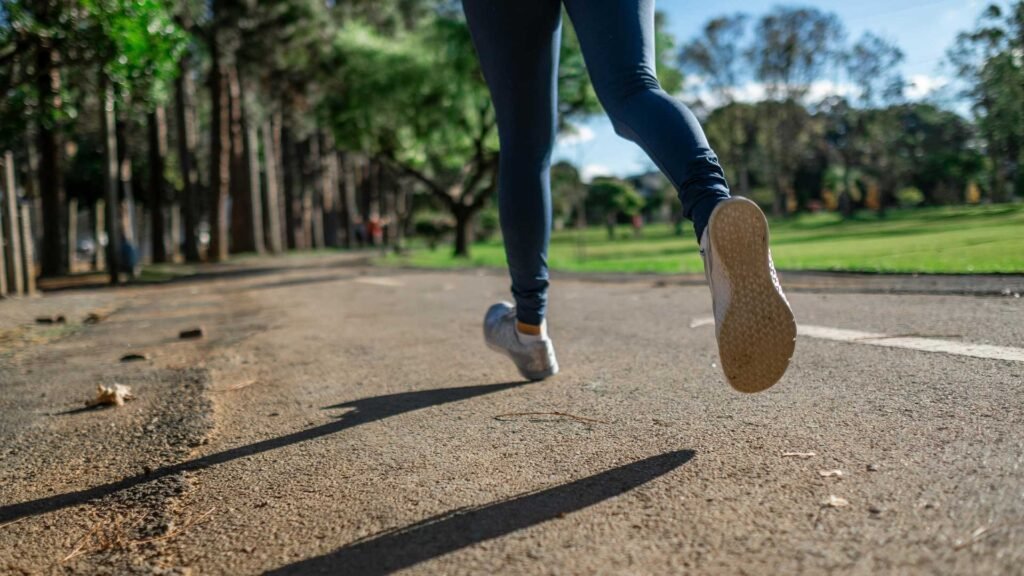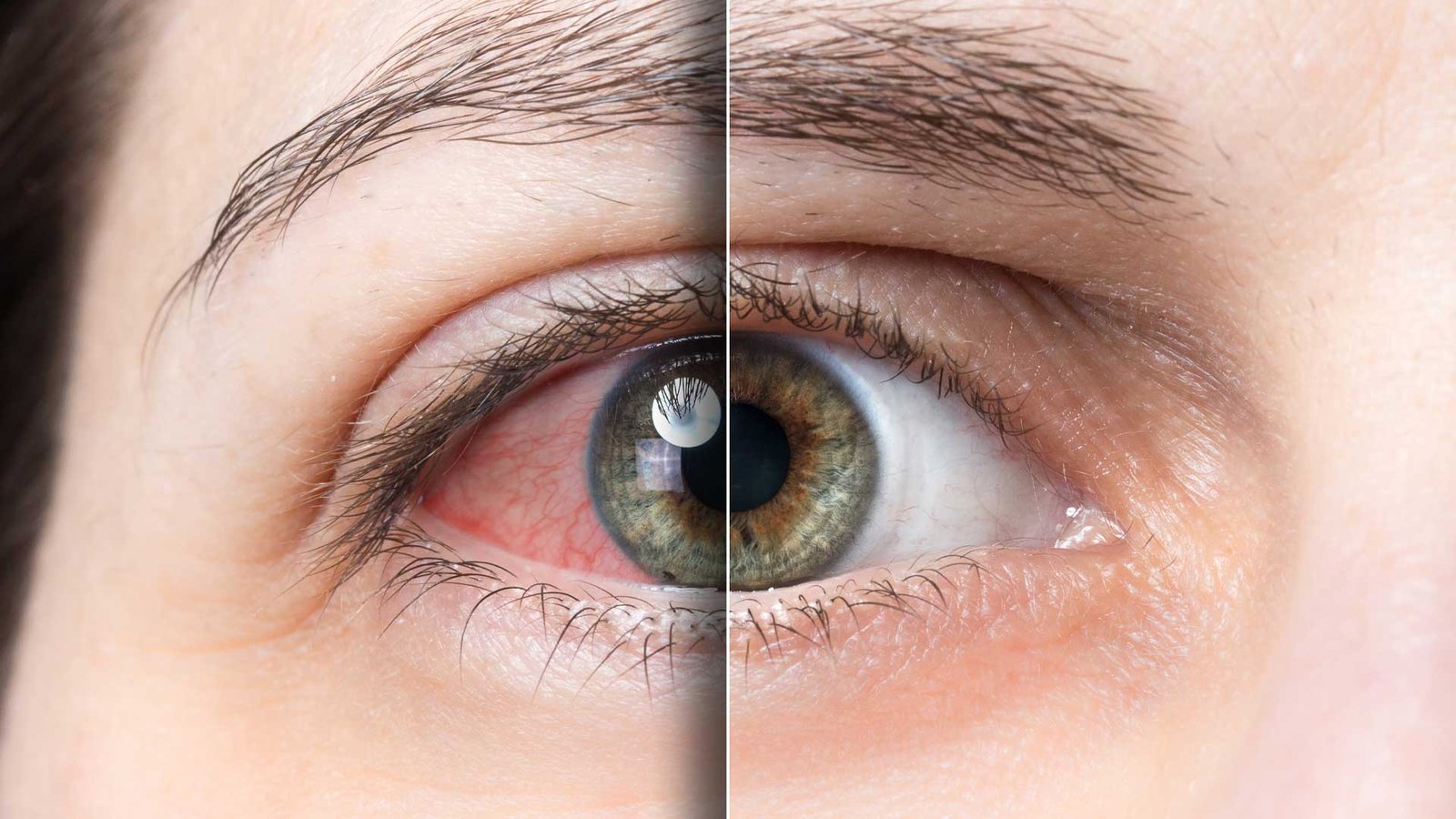This year was the first time in nearly five years that I gained weight. It wasn’t much, just 5 pounds in around six months, but it was unusual for me since I didn’t believe I was doing anything different. I’m always writing and thinking about healthy living, and I like the food I consume. I don’t desire sugar anymore, and avoiding it isn’t difficult. Since I began working from home and have complete control over my meals, I have eaten better than I did in the past. I’ve been eating the same or higher quality food that I’ve always eaten, and my mindful eating habits have even improved.
I didn’t believe it was due to lack of exercise since I still go to the gym 4-6 times a week. My exercises have truly improved, and I’ve observed positive changes in various areas of my body (thank you, kettlebell!). I wasn’t bothered by how I appeared; I’d just grown somewhat bigger for no apparent reason.
Then, approximately eight weeks ago, I realized what had happened: I had stopped walking. I had a long walk to work while I was still in my Ph.D. program, at least a mile each way if I used the campus shuttle and approximately 1.5 miles each way if I walked the whole trip (I did this rarely, but tried to squeeze it in when I could). I also worked in the lab, rushing between rooms and up and downstairs to get supplies. I wasn’t sedentary, even though I returned home every evening and worked on Summer Tomato till the small hours of the morning.

I had a walking commute to work even after college when I worked in the corporate sector for a short time. However, once I left in January, I just sat at home and wrote. I used to work from a standing desk/table, but logistics and a bad elbow drove me to relocate to the coffee shop across the street, where I now perform most of my work. This change in sedentary behavior coincided with the tightening of my trousers. What amazes me is that this quantity of exercise feels so little to me that it doesn’t even register in my head until months after the shift (did I mention I was still working out virtually every day?). And it’s not like I don’t think about it; when I initially began walking, I saw how quickly I lost weight. How could I overlook the importance of non-exercise activity (NEAT)?
It’s easy to overlook this, but it’s wonderful news. It means that burning extra calories isn’t a chore—in fact; you won’t even notice. All you have to do is try to be more active throughout the day and endeavor to include more activity into your everyday routine. I went to my dog, Toaster, to help me solve my situation. He has to go out and walk a few times a day, so I figured why not make a daily journey to the larger, nicer park about a mile from home, rather than the smaller, filthy park that is closer and more convenient? I get my walk-in, and we both have more fun since he gets more exercise and behaves better. Win-win. I’m pleased to announce that my clothes are once again fitting properly, and I’ve returned to my regular weight.
There are lots of other methods to get more exercise if you don’t have a dog. Avoid using elevators and escalators, take a stroll to lunch or between floors in your building, do more chores at home, and park farther away in the parking lot. It’s possible to make a difference by just standing up more. These items may add a little bit of time to your work, but they build up to a
substantial amount of time for your health.
Walking and other low-intensity activities, unlike planned, high-intensity exercise, do not make you hungry. Increased daily exercise has been shown to burn hundreds of additional calories every day, making it one of the most effective strategies to affect your energy balance (i.e., burn more without eating more). More structured exercise, on the other hand, tends to make individuals hungry. Importantly, non-exercise activity is related to body weight in both obese and non-obese people, indicating that everyone may benefit from more mobility.
Even if you currently exercise on a regular basis, you should aim for more daily activity.

Surprisingly, high-intensity exercise increases your desire for NEAT rather than decreasing it. Scientists examined NEAT three days before and three days after overweight people engaged in a moderate or high-intensity exercise in one research. NEAT did not alter significantly until the third day after exercise when it rose by 17% after moderate activity and 25% after vigorous activity. That’s incredible.
It’s easy to find excuses for why additional effort isn’t feasible when you’re as busy as I am. But why not? Adding a little more activity to your typical everyday activities is by far the simplest approach to reduce weight and improve your health. Incorporating greater physical exercise has also been shown to have significant meditative benefits for me. I’ve solved some of my most difficult issues while walking, and I’ve been listening to podcasts and audiobooks, which I swear makes me smarter. A respite from the screen is much appreciated by your brain. Ironically, it took recognizing that I was “reading” less to get me to think about what was changed in my life—I noticed I was listening to fewer audiobooks because I was walking less, and I put two and two together. The issue has been resolved.
It’s easy to be lazy and simply wait for the elevator with the rest of the passengers, even if you know the time you’ll save is tiny. But I hope I’ve persuaded you today that fighting that impulse and making an effort to be more active is worthwhile. For added encouragement, turn it into a game or compete with your friends using pedometers like the FitBit.





